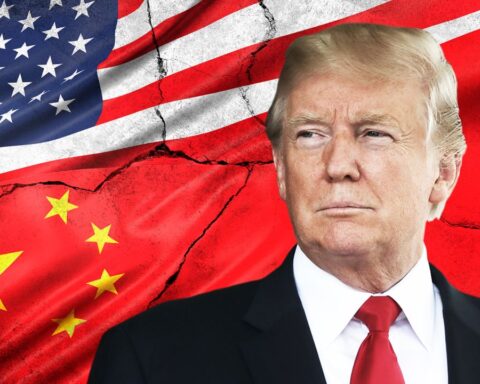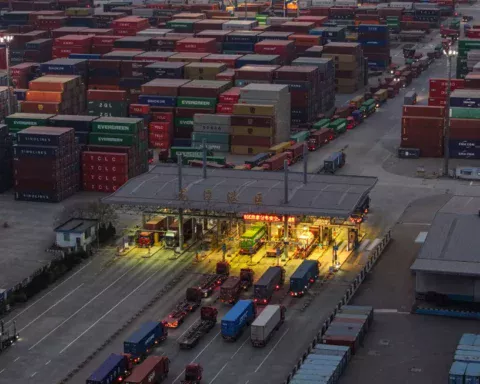An agricultural economist says China will continue to buy corn, even though sales were flat for several weeks.
Daniel Basse with AgResource Company tells Brownfield there are reasons behind China’s corn buying spree, including a structural change to their pork production system. “It’s something that was largely missed by the markets and then started to be come evident was that China, back in September, banned the feeding of what we call food waste or anything like bakery goods or restaurant refuse because of the concern that it would spread African Swine Fever to their hog herd.”
Basse tells Brownfield this removed 30-million tons of feed from the Chinese hog farms, so he expects China will be buying corn beyond this year. “This will last for three to four years or until the world finds another, let’s call it 10 to 12 million acres at current yields.”
Basse says the three Chinese corn purchases within a week can also be a goodwill sign as negotiators from the two countries meet in Alaska to discuss trade issues.
China’s Ministry of Agriculture and Rural Affairs has launched a campaign to lower the content of corn and soy meal in animal feed this week, calling for the country’s pig and chicken farmers to substitute corn and soy beans with domestically available alternatives such as unhusked rice, wheat, coarse cereals, root and tuber crops, according to domestic news portal qhrb.com.cn.
Chinese analysts and industry insiders said the move could help consume inventory of certain grains in China, reduce supply dependence on certain countries, conserve foreign exchange and help keep pork prices in check. However, they said such a move will be a slow process and the impact on the global grain market will be small.
Jiao Shanwei, editor-in-chief of cngrain.com, a website specializing in grain news, saw the move as part of a de-Americanization drive going on in China in many industries.
“Chinese people learned how to raise pigs and poultry in a modern sense largely from the Americans. So the animal feed formula is also American, but with growing experience, Chinese people could also come up with their own formula more aligned with the domestic situation,” Jiao told Global Times on Friday.
“Such a formula cannot be promulgated without having to go through a trial period, as finding the suitable feed for animals are of top concern to the country’s pig and chicken farmers,” Jiao said, adding that recent outbreaks of African Swine Fever have decimated the country’s hog herd.
As Chinese people experience improved livelihood, the demand for animal protein has soared. With China’s domestic farmland preoccupied with staple food production, this translated into a soaring demand for imported corn and soy beans.
In 2020, China imported a record 100 million tons of soy beans, while global soy bean prices surged by 20-30 percent, according to Xinhua News Agency. China imported 25.89 million tons of soy beans from the US.
As a result, corn prices are at historic highs, causing an imbalance in some regions,” Jiao noted. “Therefore, the government needs to think about how to keep a balance between animal feed and staple grain.”
“Another benefit of the new formula with increased domestic alternatives, including tapping some of the previous year’s crop stored in silos, is that it could reduce the cost of raising animals and help keep inflation under check,” Jiao said.
However, Zhao Xiangyu, chairman of Heilongjiang Province-based Liangtai Agriculture Company, said China’s growing animal herd cannot be supported by domestic arable land so plant protein imports will only grow.
“There might be a difference in what China will import, but China will continue to import anyway,” Zhao told the Global Times on Friday. “And China’s imports will still depend on existing major exporting countries’ agricultural products.”
Jiao agrees, saying that the changing formula of animal feed will be a gradual process and for now there are no impacts for global grain trade.






